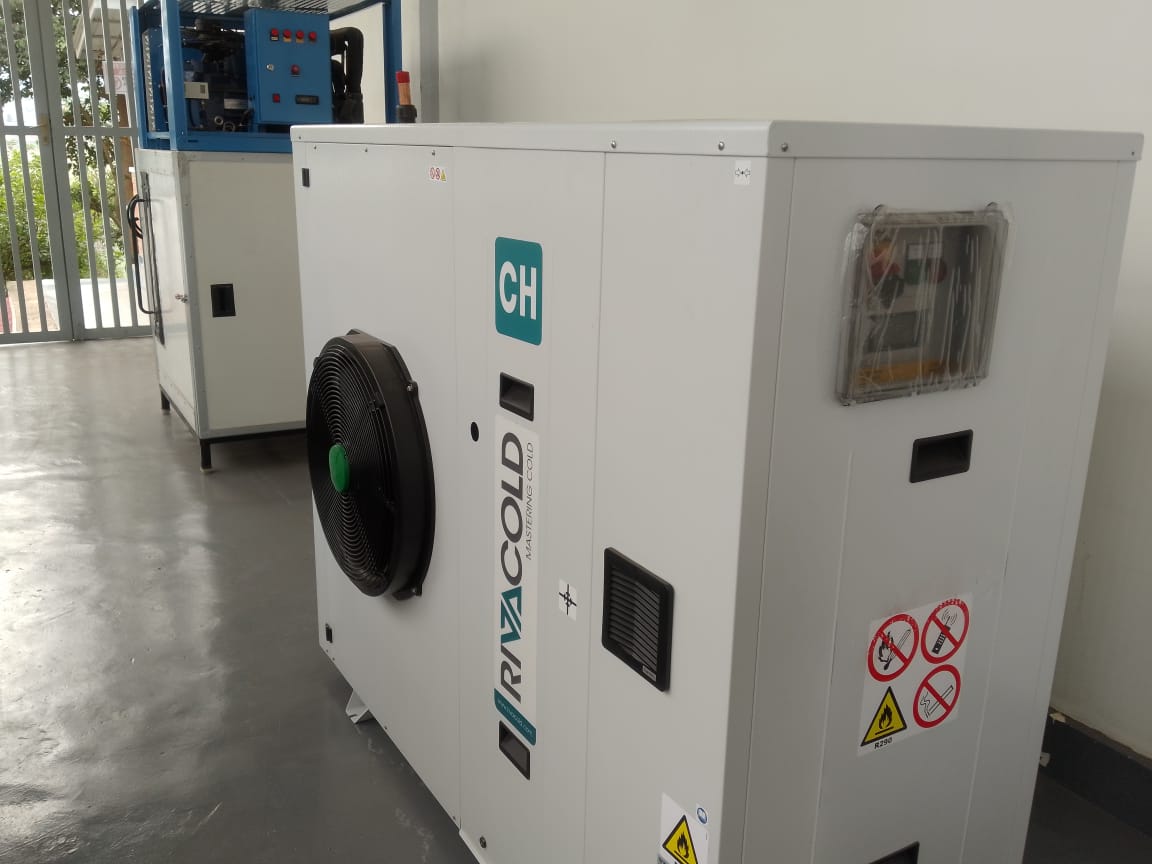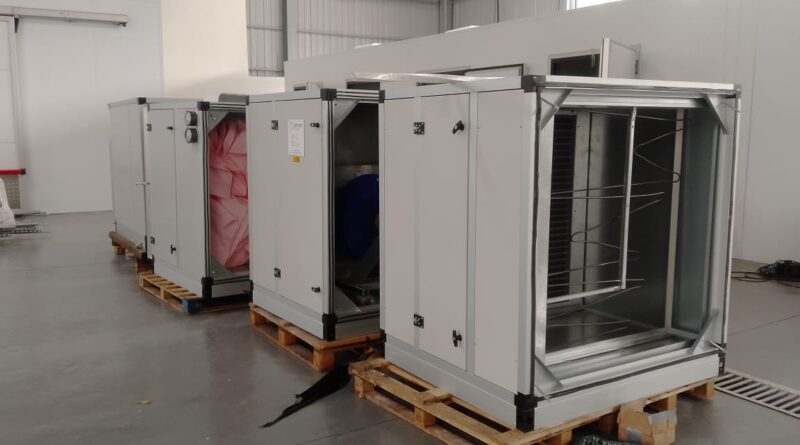Rwanda leads in Ozone recovery and sustainable cooling innovation
Author: Donatha Uwajeneza
The Minister of Environment has announced that the ozone layer, which shields life on Earth from harmful ultraviolet rays, is steadily recovering, thanks to decades of international cooperation and Rwanda’s proactive environmental policies.
Dr. Arakwiye, Rwanda’s Minister of Environment, highlighted new research showing significant progress in restoring this vital atmospheric shield. She attributed this achievement to global agreements such as the Vienna Convention, the Montreal Protocol, and the Kigali Amendment, all of which have played a key role in phasing out ozone-depleting substances.
“Thanks to these agreements, ozone-depleting substances have been drastically reduced, the ozone layer is on the road to recovery, and we are also contributing to addressing climate change,” Dr. Arakwiye said.
Rwanda has been at the forefront of implementing these agreements by phasing out harmful chemicals, strengthening law enforcement, and conducting national awareness campaigns. The country continues to invest in innovative measures to sustain this progress. “Today, we are building on these achievements through national strategy and innovation,” the Minister emphasized.
One of Rwanda’s flagship initiatives is the Rwanda Cooling Initiative, supported by the Green Climate Fund. This program promotes sustainable cooling solutions in homes, hospitals, businesses, and agricultural value chains. Dr. Arakwiye noted that “this technology is no longer going to be just a luxury, it’s going to be a necessity for our everyday life.”
Sustainable cooling technologies not only protect the ozone layer but also improve energy efficiency, strengthen climate resilience, and boost food security. Basile Seburikoko, Technical Director at the African Centre of Excellence for Sustainable Cooling and Cold Chain (ACS), explained that refrigerants such as hydrofluorocarbons (HFCs) contribute significantly to ozone depletion and global warming. Rwanda has responded with strict policies, banning HFC imports and requiring full compliance with national regulations.
“When emission starts, the gases emitted in the atmosphere then start to bring these issues that we know about,” Seburikoko warned.
Instead, Rwanda promotes the use of natural refrigerants such as R290, R600, carbon dioxide (CO₂), and ammonia, which are environmentally safe and energy-efficient. Consumers are urged to check refrigerant types and energy efficiency ratings when purchasing cooling equipment. Although fridges using natural refrigerants may initially cost more, they are safer for the environment, use less energy, and reduce long-term expenses.
Sustainable cooling also has direct economic benefits, particularly in agriculture. Cold storage, pre-cooling, and efficient cold chains help farmers preserve produce quality, reduce post-harvest losses, and secure higher market value. This approach enhances food security while reducing waste.
Rwanda’s continued efforts to phase out ozone-depleting substances, promote energy-efficient technologies, and advance sustainable cooling demonstrate that protecting the ozone layer is both achievable and essential for sustainable development. Through strong policy enforcement, innovation, and public awareness, the country is setting an example for others in the region and beyond.



